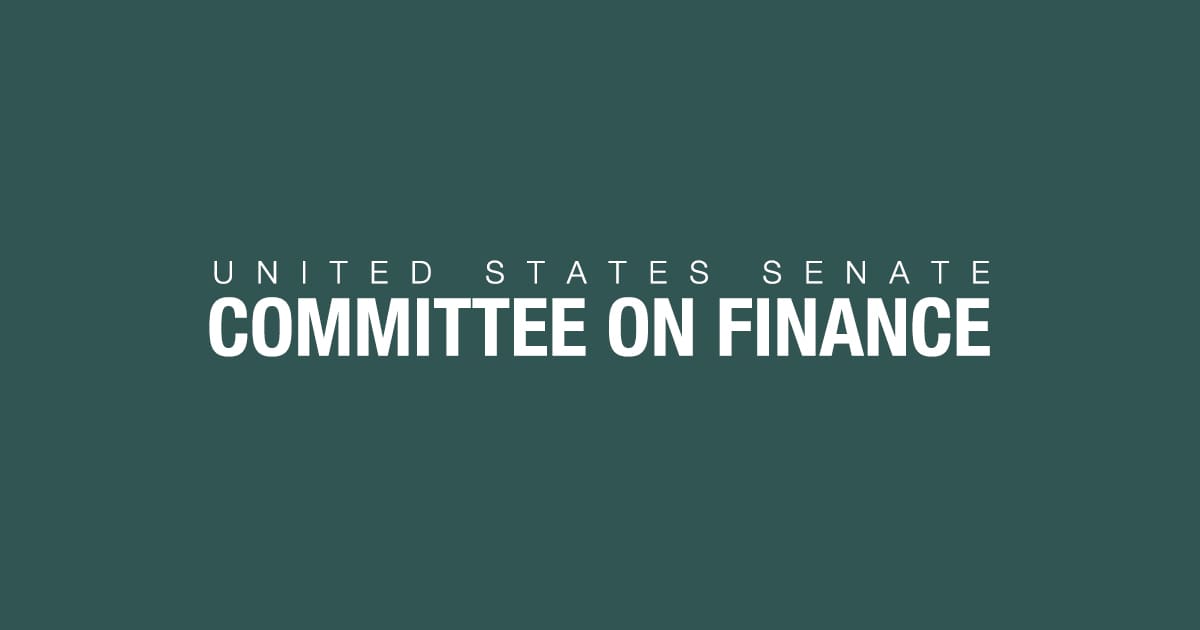
A U.S. Senate Committee on Finance hearing today will explore the practices and tactics of pharmacy benefit mangers (PBMs), and the impact these prescription-drug middlemen have on patients, pharmacies, employers, and the broader healthcare system.
In a statement for today’s hearing — “Pharmacy Benefit Managers and the Prescription Drug Supply Chain: Impact on Patients and Taxpayers” — NACDS President and CEO Steven C. Anderson wrote:
“NACDS applauds Chairman Ron Wyden (D-OR) and Ranking Member Mike Crapo (R-ID) for keeping this issue top of mind on a bipartisan basis and for their continued commitment to fight for meaningful reform. Comprehensive reform is needed to instill increased transparency and accountability for PBMs, to help ensure the economic viability of pharmacies, and to foster increased access to care and improved health outcomes for the patients they serve.”
Anderson went on to describe how PBMs’ harmful tactics inhibit community pharmacies’ viability, threatening patient access to certain medications and jeopardizing the pharmacy workforce.
He said: “Retail pharmacies are in crisis, facing unsustainable financial pressures as they are increasingly reimbursed by payers below the cost of buying and dispensing prescription drugs. Dire financial pressures have forced an alarming number of pharmacies to take drastic steps, such as possibly paring back hours and placing on hold innovative care services that otherwise could improve health outcomes.
“The epidemic of pharmacy closures is reducing access to vital healthcare services, especially in rural areas where options are already limited. Communities across the nation depend on neighborhood pharmacies among all healthcare destinations.”
Anderson continued: “Preserving patient access to robust pharmacy provider services and networks like health screenings, disease state management, vaccinations (e.g., flu, COVID-19), patient counseling, medication adherence, and testing – all in addition to essential medication access – can help improve health outcomes and generate overall healthcare savings for Americans.
“We look forward to continuing to work with Congress to stop the manipulation by PBM go-betweens that increases patients’ medication costs, limits patients’ choice of pharmacies, restricts access to medicines that are right for them, and jeopardizes the pharmacies and pharmacy teams on whom patients rely.”
Specifically, NACDS looks forward to working on a bipartisan basis throughout the U.S. Congress to implement NACDS’ Principles of PBM Reform. NACDS’ Principles of PBM reform include: stopping explosive retroactive fees; stopping below-cost reimbursement; stopping the gaming of performance measures; stopping ‘specialty definitions’ from steering patients from their pharmacy; stopping mandatory mail-order; stopping limited networks; stopping overwhelming audits; and stopping the undercutting of PBM reform laws.
More information is available at an NACDS web page.